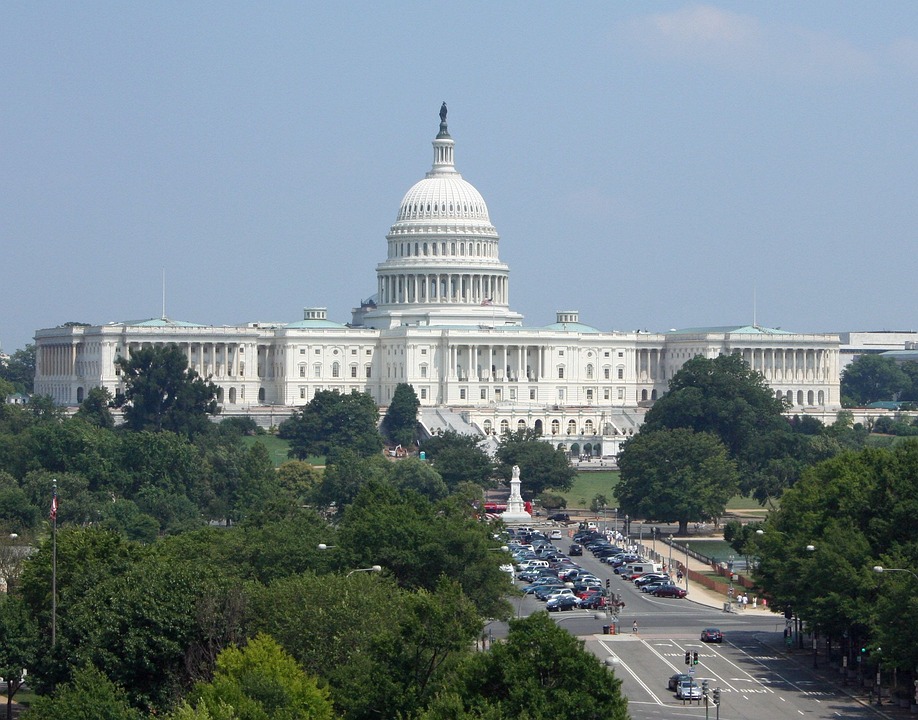The Role of Politics in Society
Introduction
Politics plays a crucial role in shaping societies and governing the interactions between individuals and institutions. It encompasses the process by which decisions are made and implemented within a community or organization. From local governance to international relations, politics influences various aspects of daily life.
Importance of Politics
Politics is essential for maintaining order and stability within a society. It provides a framework for resolving conflicts, establishing laws, and ensuring the welfare of its citizens. Through the democratic process, individuals have the opportunity to participate in decision-making and hold their leaders accountable for their actions.
Types of Politics
Politics can be broadly categorized into three main types: local politics, national politics, and international politics. Local politics focuses on issues within a specific community, such as city councils and local government. National politics deals with the governance of a country, including elections, policies, and legislation. International politics involves the interactions between nations, addressing issues like diplomacy, trade, and security.
Challenges in Politics
Despite its importance, politics can also be fraught with challenges. Corruption, partisanship, and power struggles are common issues that can hinder the effectiveness of political systems. Additionally, misinformation and propaganda can distort public perception and undermine the democratic process.
The Future of Politics
As societies continue to evolve, the role of politics is likely to undergo significant changes. Technological advancements, shifting demographics, and global interconnectedness will all impact how political decisions are made and implemented. It is essential for individuals to stay informed and actively participate in the political process to ensure a fair and equitable society.

